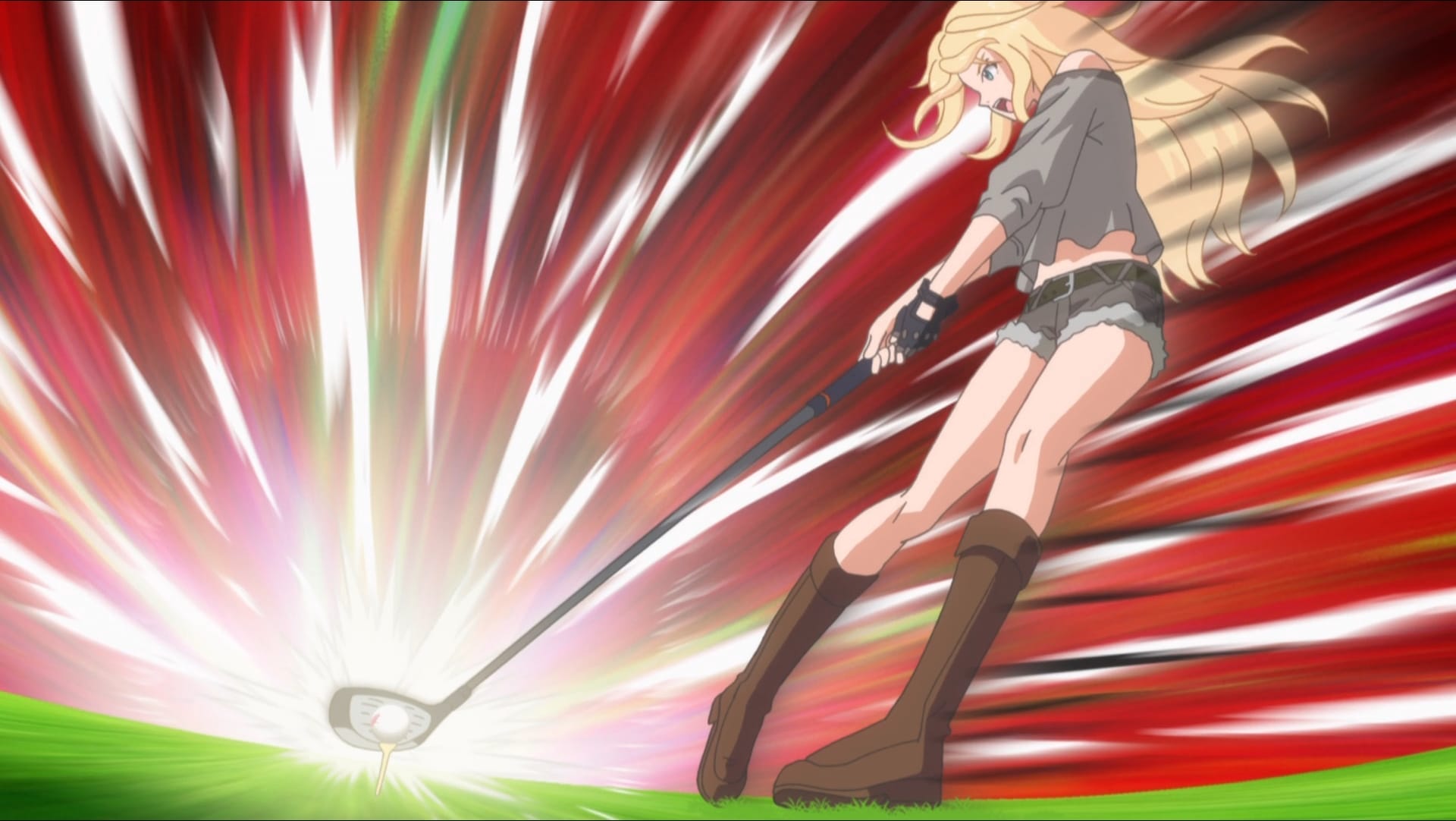 Well, it had to happen sooner or later.
Well, it had to happen sooner or later.
Yesterday, Anime News Network reported that the Japanese government will initiate a massive anti-piracy campaign. The government, along with fifteen anime production companies and manga publishers, will kick off a five-month drive on August 1, which will focus primarily on China. Over 500 manga titles and 80 anime titles will be targeted across online sites, storage accounts, and torrent trackers.
The involved parties will begin sending takedown reqeusts on Friday. About 580 copyright violators have already been identified. Japan’s Cultural Affairs Agency estimates that the industry lost roughly 560 billion yen ($5.4 billion) from Chinese piracy in 2012, as opposed to roughly 2 trillion yen ($20 billion) in North America last year.
I can already hear people groaning and grousing. “Those figures are never accurate!” “They’ll never wipe piracy off the map, so why bother?” “File sharing isn’t piracy!” “That one study by that one group says it doesn’t harm things!”
…And honestly? Sing along, now:
That’s right: I don’t care about these comments!
That said, I’m a bit surprised to see Japan cracking down on piracy in China on such a wide scale. It’s not due to the fact that the estimated losses are higher in the west, nor do I believe that there is no copyright infringement going on in the country.
Quite the contrary, actually.
For casual observers, China’s always been that grey zone, where copyright is unenforceable. Though China was a signer of the Berne convention, the country boasted a 91% piracy rate in 2011, and efforts to crack down have regularly been bogged down by bureaucratic red tape, corrupt local officials, or worse. For example, in 1992, Microsoft successfully sued a materials firm in Shenzen for trademark infringement, over counterfeit Microsoft Corporate holograms. The infringements, which were estimated to be at around $30 million saw an award of a mere $252 in damages to Microsoft.
Yep. $252. Not even enough to buy an XBox One.
Anyway, search engines like Baidu provide links to sites dealing in counterfeit copyrighted goods, to the point that western Nations have placed China on priority watch lists for intellectual property infringement.
However, as mentioned before, there are legal frameworks in place to deal with copyright infringement. And, in cases unlike Microsoft’s, they’ve been successfully used in cases like Walt Disney Productions vs. Beijing Publisher and Co., and CHINT Group Co. Ltd vs. Schneider (2007).
These various anime companies have a duty to enforce their copyrights wherever they hold jurisdiction. And, unlike North America, where we have a legal infrastructure that includes dedicated legal staff and active scanning for copyrighted goods, it’s difficult to actually determine the legal muscle licensees and producers have in China.
And, yeah, this will most likely have the same impact as a feather hitting a brick wall. 580 claims is but a drop in the bucket.
However, that’s not to say it’s totally unwarranted. The ideal, in this case, would be to earn courtroom victories, which would establish precedent and make future enforcement initiatives easier. It’s a way to further press China’s government to take action and improve its copyright system, and make the market more accommodating to content creators, in general.
Will it work? Probably not on any major scale. Still, it will be interesting to see what comes of the effort, nonetheless.












